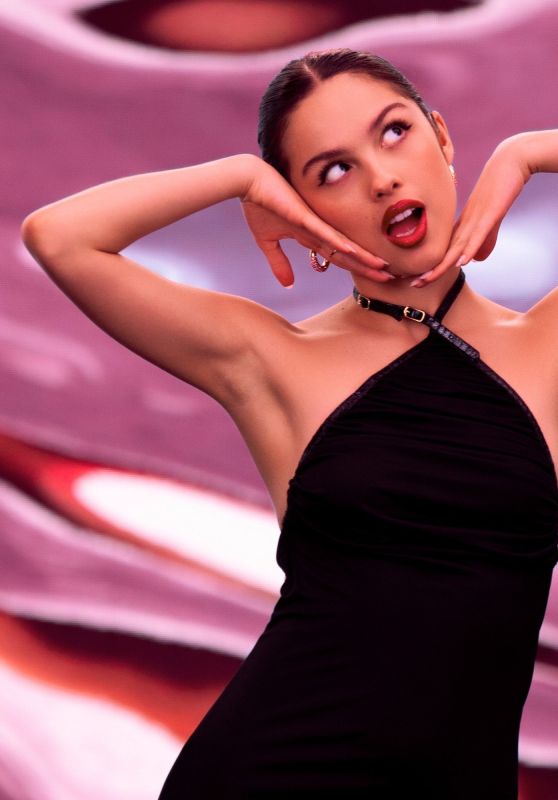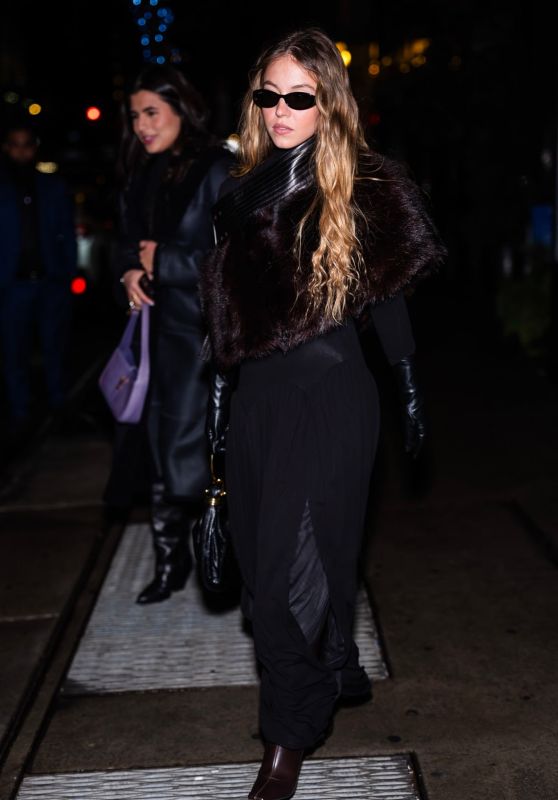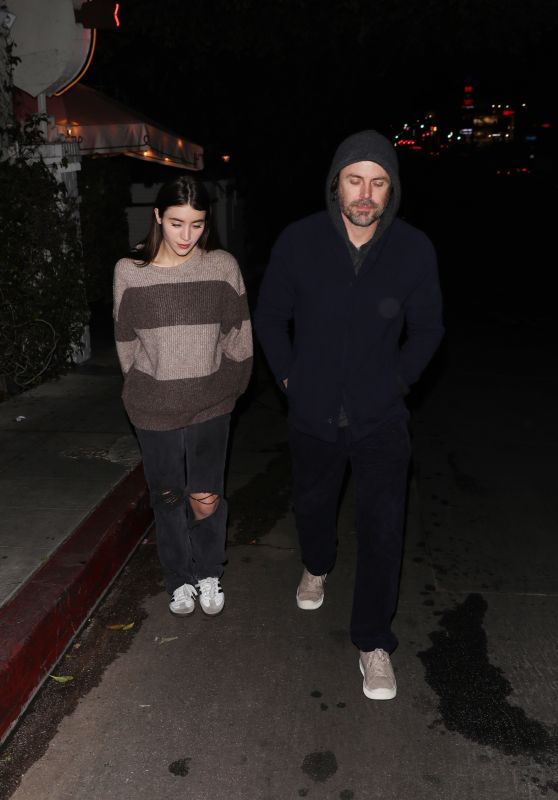The scariest thing about The Stanley Hotel (the inspiration for The Overlook in “The Shining”) isn’t room 217 or the ghostly sightings that occasionally crop up among visitors. It’s the free-floating foundation that allowed original owner Freelan Stanley to build a hotel on a mountain. As the mountain shifts, the foundation is shored up with… wedges of wood. It’s enough to send you screaming into the nearest hedge maze.
“The Shining” legacy hangs heavy over The Stanley; room 217 is booked for the next eight years. But in many ways, the 1997 three-part miniseries (Stephen King’s exactingly faithful adaptation of his book that served as his corrective to Stanley Kubrick’s movie) has had the most lasting impact. The hotel’s original “wedding color” palette wasn’t quite the vibe King had in mind, so he designed green wallpaper and had the plaster pillars painted to look like wood, design changes that still stand. Croquet mallets proliferate, and though there is now a hedge maze in front of the hotel and framed photos from the film throughout the grounds, there is never any doubt as to whether this is The Overlook.


That combination of gothic and showbiz made The Stanley an ideal venue for a recent Blumhouse-themed immersive experience in celebration of the new Peacock series “Teacup.” The event served as the largest scale example of the ongoing collaboration between Blumhouse and the hotel to date. Jason Blum’s massive horror production company previously announced plans to curate an ongoing horror cinema exhibit housed within the hotel in partnership with the Colorado Office of Film, Television and Media.
For two days earlier this month, guests were invited to select one of four immersive experiences inspired by a Blumhouse film. In increasing levels of terror, there is the “Happy Death Day,” “Freaky,” “The Purge,” and “Insidious.” (Please note that the entire weekend package sold out in 36 hours, led by the “Insidious” experience.)
Peacock invited IndieWire to a press preview of the experience, which took over The Stanley Lodge (a one-third replica of the main hotel). Upon entering, guests are greeted by a trio of conci-scare-ges named Avery. Unsettlingly smiling and always a hair’s breadth too close, their presence immediately infects the lodge. What dastardly delights does Avery have in store for guests?
 Meet Avery, the conci-scare-ges of OvernightmareThomas Cooper/Peacock
Meet Avery, the conci-scare-ges of OvernightmareThomas Cooper/PeacockAvery is a Peacock original, something bespoke to the experience that sets the tenor of the world beyond that of the selected package. (One guest mused that Avery must be a character in “Teacup” that viewers have yet to meet; Avery is not.) One expects to live through some IP-based fears before the end of one’s stay, but a creepy character forcing audience interaction? Now that’s terrifying.
The Lodge boasts a Blumhouse-based bar where the bartenders wear red jackets and Lloyd name tags (a nod to the bartender in “The Shining”). The bar serves themed cocktails amid props and costumes from the four Blumhouse titles that will later terrify those sipping on liquid courage.
Next door is the hospitality lounge, decked out in homage to the new Peacock series “Teacup,” about neighbors trapped behind an invisible line that will turn them inside out should they cross it. No, the creepy mannequin doesn’t move (at least, not during the press preview), but the series’ premise has enough of an eerie parallel to that of staying in a hotel with strangers to induce some chills.
 The ‘Teacup’ hospitality suite at OvernightmareThomas Cooper/Peacock
The ‘Teacup’ hospitality suite at OvernightmareThomas Cooper/PeacockAs for the scare experiences, the goal with the four films was to create something more substantial than the haunted houses at theme parks. The movies were carefully chosen from Blumhouse’s vast output based on a variety of factors. Iconography is a big one (as great as “Get Out” is, it doesn’t have the same recognizable components of, say, the babyface mask in “Happy Death Day” or the red door of “Insidious), as is the ability to craft a relatively immersive experience for groups that delivers both terror and a satisfying good time.
And, of course, the team needed gradations of horror: not everyone wants to wrangle with the mobs of “The Purge” or the jump scares of “Insidious”; sometimes you just want a good, old-fashioned serial killer chasing you with a chainsaw, as in “Freaky.”
 Getting ‘Freaky’ at OvernightmareThomas Cooper/Peacock
Getting ‘Freaky’ at OvernightmareThomas Cooper/PeacockThere’s a real delight for horror fans in living in the worlds of movies that carry resonance with them (what I wouldn’t give to one night sleep in Nancy Thompson’s bedroom), and it’s refreshing to see existing content giving the kind of over-the-top celebration that is usually reserved for new releases (those also get a spotlight with evening screenings of “Speak No Evil” and “Teacup”). But the triumph of Overnightmare is how thoroughly it immerses participants in the feeling that something isn’t quite right. Avery isn’t the only character original to the event; some of the guests turn out to be actors, a revelation that is as surprising as it is bloody.
Details matter, and walking into a bedroom filled with “The Purge” propaganda or encountering a bartender wearing a Lloyd nametag tilts one just off-kilter enough to start pondering the meaning of reality. Not to mention the well-documented spirits of The Stanley, a hotel that lends itself to nightmares so vivid that one night was all it took to inspire one of the great haunted house books of all time.
For my own stay, I am 90 percent certain that it was nothing more than a lucid dream when I felt a weight settling beside me in bed. I say 90 percent, because I didn’t open my eyes to check. Some horrors are best left unseen.




















 English (US) ·
English (US) ·